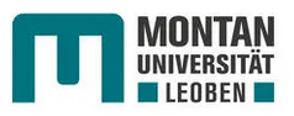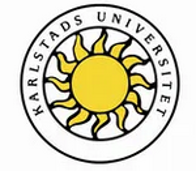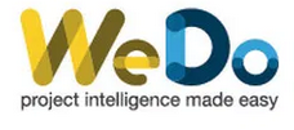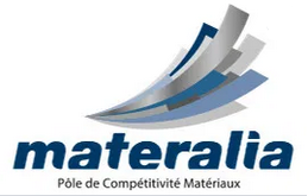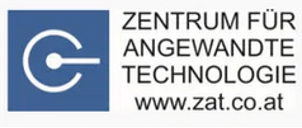Global context
DigiTeRRI has been developed to empower three traditional industry regions (Grand Est-France, Styria- Austria and Värmland- Sweden) to harness the opportunities presented by digitalization. The project co-creates a framework and roadmaps for a responsible transition to self-sustaining, digitalized industrial R&I ecosystems. It addresses the challenges in the interplay between business, academia, government and society ‒the quadruple helix ‒ to initiate openness, democratic accountability and responsiveness in a process that will in turn promote resilience within these new, digitalized R&I ecosystems. An RRI approach in key issues such as gender equality, science education, open access, public Engagement, and ethics during the digitalization process will help to support both organisations and citizens in adapting to the transformation that is revolutionizing research, industry, the economy, and society. An RRI approach can ensure that the outcomes of the digitalization process align with societal values and needs to satisfy all stakeholders. The early involvement of stakeholder groups, users and citizens in the process, in addition to the development of additional or alternative knowledge sources, can provide a broader, more plural ‒ and thus more legitimate ‒ basis for decision-making. Furthermore, researchers and industry learn from the needs of users, citizens, and also policy makers.
Website:: https://digiterri.eu/
Research goals
The objective of the Digiterri programme is to characterise and map the three current territorial R&I ecosystems, i.e. those of Värmland in Sweden, Grand Est in France and Styria in Austria, in order to draw up a qualitative and quantitative assessment and map the characteristics of the three territories concerned. These three territories have a history in traditional industry. It was therefore necessary to assess and characterise the state of their R&I ecosystems, their degree of digitisation and their RRI status. These results provide solid empirical analysis and qualitative and quantitative data for a better understanding of R&I in terms of society, economy, geography and environment. The ERPI laboratory focuses on the qualitative dimension by seeking to complement the quantitative approach of each territory with an inventory of “practices” of territorial support to digitisation. The aim is to describe precisely some key actions undertaken in the territories in order to grasp: the entrepreneurial character of each territory, the vision of the actors themselves on the problems to be solved to achieve digitization, and, their interrelationships. Data collection was carried out by the members of the DIGITERRI project on the basis of a methodology including: a questionnaire, a data collection platform, a video tutorial and online data processing software.
Academical partnerships
Industrial partnerships
Project’s website
Contacts
- Vincent BOLY: vincent.boly{at}univ-lorraine.fr
- Brunelle MARCHE: brunelle.marche{at}univ-lorraine.fr
Timming of the project: 01/01/2020 - 31/12/2022

